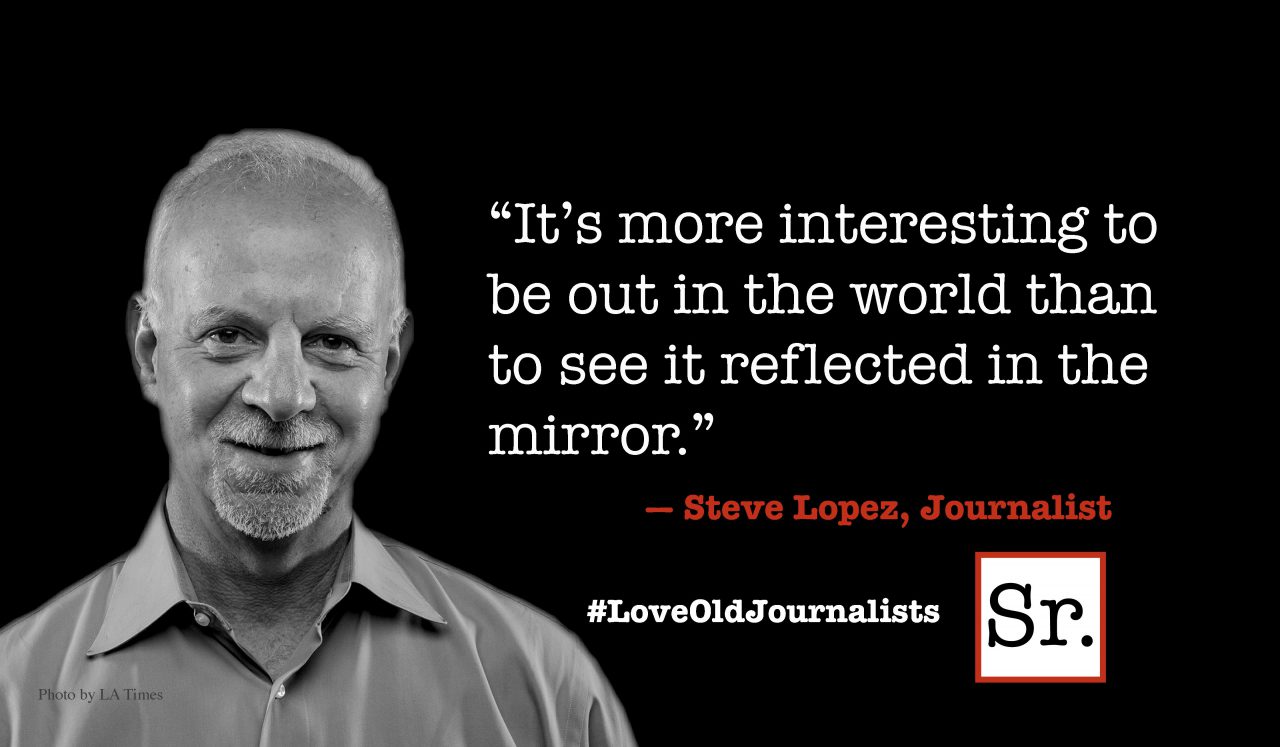In the late 1960s, America came to a fork in the parenting road and took the road never traveled. My generation did what no generation in any culture at any time in history had ever done: we broke with the parenting traditions of our foremothers and forefathers. When the time came, we refused to take the well-worn parenting baton and carry it forward. And as poet Robert Frost foresaw, albeit upside-down, it has made all of the difference.
The new parenting paradigm was driven by an odd hybrid of humanistic, behavioral and Freudian theories. I call it Postmodern Psychological Parenting (PPP). Like all postmodern stuff, it is relativistic (do your own thing) and progressive (full of new ideas). It is psychological because it’s all about feelings—the child’s, that is. It’s parenting because it’s an expert-driven quasi-technology. All told, it is one hundred and eighty degrees removed from the day when common sense ruled child-rearing and one’s elders were the go-to advisors.
The new parenting experts implied, strongly, that good parenting was all about properly interpreting and responding to a child’s feelings. (The canard being that pre-1960s parents did not allow their children to freely express their feelings [true], thus causing them untold psychic damage [false].) That understanding caused the more emotionally-intuitive of the child-rearing pair to begin believing that she alone was capable of properly executing the new set of assignments and, therefore, broke the child-rearing unity of husband and wife. As a result, what was now “mothering” became what raising a child had never before been except in unusual circumstances: stressful, anxiety and guilt-ridden, frustrating and exhausting. That is, hard.
One of the more destructive consequences of PPP is the tendency on the part of today’s parents—especially moms—to assign legitimacy to their children’s emotional expressions. The typical mom of the 1950s—mine, for example—understood that children were drama factories and that children needed discipline concerning not only their behavior, but their feelings and thoughts as well. By contrast, today’s parents tend to (a) only discipline behavior, thus teaching their children how to manipulate and (b) buy into their children’s dramas and unwittingly enable narcissistic emotional expressions.
In this context, it should surprise no one that many a young child comes to school with the emotional control of a toddler. Nor should it surprise anyone that many teens seem to believe that a life without drama is a life without meaning. In case the reader has failed to notice, social media is the stage upon which many of these teen soap operas are produced. Furthermore, the emotionally-abusive child (whose default victim is his or her increasingly-guilty mother) has become ubiquitous.
America is paying a terrible price for believing that capital letters after one’s name means the individual in question knows what he’s talking about, for believing that new ideas are better than old ideas, for believing that if we are willing to listen, children will tell us what they need.
The truth is that yesterday’s grandparents gave much better advice than today’s experts. There is nothing new under the sun and children only know what they want.
How to raise an emotional tyrant: Feed the beast.









